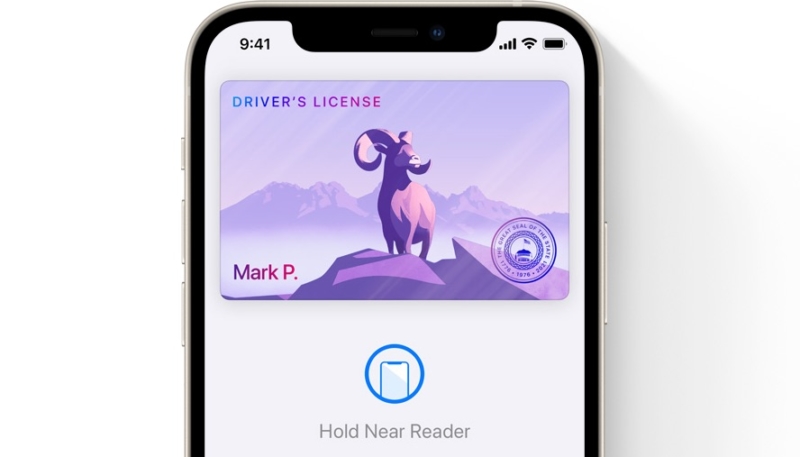Newly obtained documents have shed some light on agreements between Apple and state governments about storing digital IDs in Apple Wallet on the iPhone. Apple is shown to have tight control over the feature’s rollout.
Digital ID in Apple Wallet will initially rollout in a handful of U.S. states, including Arizona, Georgia, Kentucky, and Oklahoma. CNBC has obtained documents detailing the agreements in place with those states.
Apple has a high level of control over the process, with the Cupertino firm having “sole discretion” over the rollout of the feature and the under-the-hood technology that powers it.
States that agree to support digital IDs in Apple Wallet must “allocate reasonably sufficient personnel and resources (e.g., staff, project management, and funding) to support the launch of the Program on a timeline to be determined by Apple,” say the documents.
States will allocate staff and resources to perform quality testing to ensure that the feature works “in accordance with Apple’s certification requirements.”
States must also “prominently feature the Program in all public-facing communications relating to Digital Identity Credentials.” States must also grant Apple “prior review and approval” of all marketing materials related to the program.
Apple leaves all responsibility for actually verifying identification to the states, as the document says “Apple shall not be liable for any Verification Results, and Agency acknowledges that all Verification Results are provided AS IS and without any warranty, express, implied or otherwise, regarding its accuracy or performance.”
Taxpayers will apparently foot the bill for the digital ID program, as the agreement says that “except as otherwise agreed upon between the Parties, neither Party shall owe the other Party any fees under this Agreement.”
Apple first announced the digital ID feature at WWDC 2021. The feature will allow users to add their state driver’s licenses or identification cards to Apple Wallet on their iPhone.


